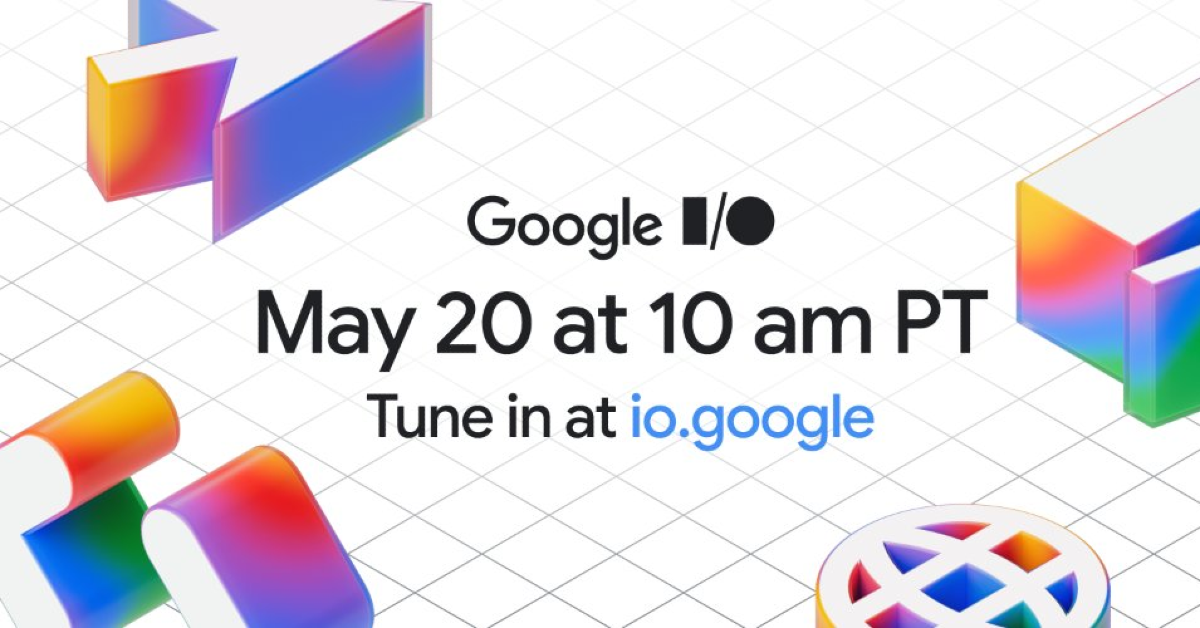Google I/O 2025, the company’s largest annual developer event, starts tonight. The two-day event will highlight Google’s latest software advances, AI innovations, and tools developed over the last year. Google is likely to unveil many new software features for Android, Wear OS, and extended reality (XR) devices, with a strong emphasis on artificial intelligence. The Google event will also be covered by Gadget Bridge.
Sundar Pichai, CEO of Google, will deliver the keynote at the I/O conference, in India it will go live at 10:30 p.m. (IST). The event will be aired live on Google’s official website, YouTube channel and social media channels, including X.com. Day 1’s keynote is likely to include major news.
Additional sessions in those categories will take place on Day 2 (May 21) at 10 AM PT (10:30 PM IST), and they will be accessible on demand following their live webcast.
Hardware announcements have taken place during Google I/O, but the firm has moved away from big product debuts. Although a teaser for the Pixel 10 is improbable, there are increasing signs that XR prototype devices may be shown.
Also Read: Krafton announced the BGMI Pro Series 2025; KIA India has become the official mobility partner
Google’s mixed reality platform, Android XR, was created in collaboration with Samsung and Qualcomm and is designed for smart glasses and headsets. Google may use it as a platform to showcase other ecosystem manufacturers.
Google is anticipated to demonstrate Wear OS and Android XR enhancements, such as better AI integration, smarter health tracking, and an improved user experience.
This year, Google plans to release Gemini Ultra, an upgraded version of its cutting-edge AI model. Google’s strategy now heavily relies on Gemini, which powers corporate products and chatbots. With the addition of Premium Plus and Premium Pro plans to its subscription lineup, the company could additionally launch Google into the market for premium AI services, where it would face off against competitors like Microsoft and OpenAI.
To strengthen its position on smartwatches, automobiles, and televisions, Gemini plans to extend its cross-platform interoperability across Wear OS, Android Auto, and Google TV.
Additionally, Google could present updates to Project Astra and Project Mariner, as well as other developments in agentic AI. The goal of Google’s ambitious Project Astra is to develop AI agents that can comprehend text, audio, and visual inputs in real time, possibly revolutionising how users interact with technology. In contrast, Project Mariner seeks to create AI assistants that can actively browse and engage with the internet on behalf of consumers. These agents could soon be included in routine digital processes, even though the Mariner code was discovered in Google’s developer platform.
Also Read: COMPUTEX 2025: Acer unveils Acer FreeSense Ring and Acer AI TransBuds
At I/O, Google will introduce Material 3 Expressive, a visual development of its Material You design concept. With an emphasis on consumer focus, the system improves colour, motion, form, and arrangement. It will offer a more customised experience across Google products like Gmail and Photos. A Live Updates tool that lets users monitor progress in real time was also previewed by Google. During the main presentation, more Android 16 improvements could be unveiled.



